153 Schwa Words with Lists by Type, Stress & Placement
Did you know the most common vowel sound in American English isn’t even linked to a specific letter?
The schwa sound appears in countless words every day.
You hear it in words like “about,” “children,” and “problem.”
This unique sound occurs only in unstressed syllables.
The schwa sound helps create the rhythm that makes English sound like English.
It also helps you understand why some words sound different from how they look.
You’ll explore organized lists of schwa words categorized by different themes.
You’ll also learn common patterns and helpful tips to improve your pronunciation.
Understanding schwa words makes speaking American English much easier.
The schwa sound is an , and a weak, neutral vowel sound that appears only in unstressed syllables.
It sounds like “uh” and is the most relaxed vowel your mouth can make.
Your tongue stays in the middle position when making this sound.
The schwa never receives stress or emphasis in words.
It appears in many different spellings but always sounds the same.
Consider the word “banana”.
It has two schwa sounds.
The first ‘a’ sounds like “uh”.
The final ‘a’ also makes the schwa sound, and its pronounced as buh-NAN-uh.
Another example is the word “teacher,” where the ‘er’ ending creates a schwa sound (TEACH-ər).
The word “problem” shows how ‘e’ can make a schwa sound (PROB-ləm).
These examples show how different letters can all produce the same schwa sound when unstressed.
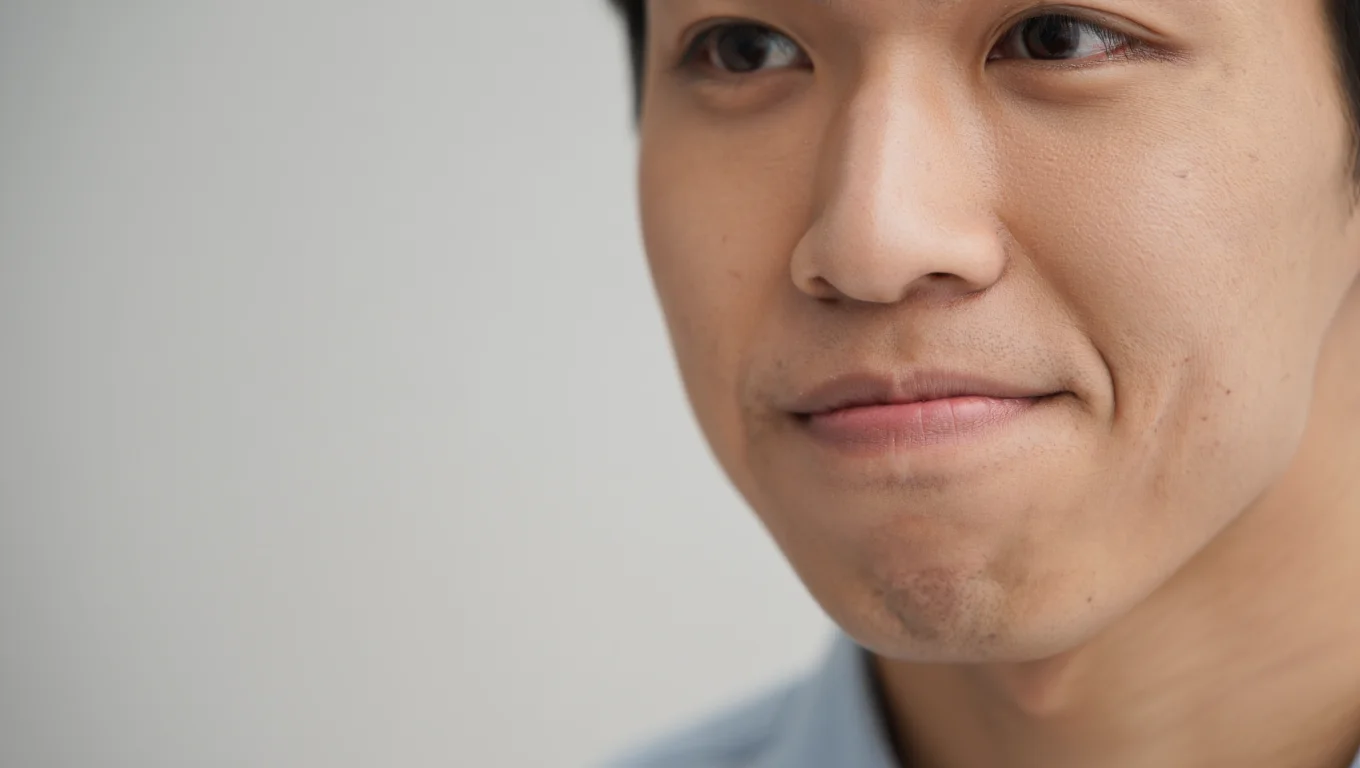
The schwa sound creates the natural rhythm that makes American English unique and recognizable worldwide.
The stress-timed nature of American speech means that schwa sounds help maintain a consistent rhythm.
This rhythm pattern distinguishes American English from syllable-timed languages, where each syllable gets equal time.
Here are examples of words that contain the schwa sound, organized into different categories for easier understanding.

| WORD | IPA | PHONETIC SPELLING |
|---|---|---|
| about | /əˈbaʊt/ | uh-BOUT |
| above | /əˈbʌv/ | uh-BUV |
| again | /əˈɡɛn/ | uh-GEN |
| ago | /əˈɡoʊ/ | uh-GOH |
| ahead | /əˈhɛd/ | uh-HED |
| upon | /əˈpɑn/ | uh-PAWN |
| around | /əˈraʊnd/ | uh-ROUND |
| across | /əˈkrɔs/ | uh-KRAWS |
| among | /əˈmʌŋ/ | uh-MUHNG |
| along | /əˈlɔŋ/ | uh-LAWNG |
| aside | /əˈsaɪd/ | uh-SIDE |
| alike | /əˈlaɪk/ | uh-LIKE |
| awake | /əˈweɪk/ | uh-WAKE |
| apart | /əˈpɑrt/ | uh-PART |
| alert | /əˈlɜrt/ | uh-LURT |
| allow | /əˈlaʊ/ | uh-LOW |

| WORD | IPA | PHONETIC SPELLING |
|---|---|---|
| animal | /ˈænəməl/ | AN-uh-muhl |
| pencil | /ˈpɛnsəl/ | PEN-suhl |
| sofa | /ˈsoʊfə/ | SO-fuh |
| hospital | /ˈhɑspɪtəl/ | HAH-spi-tuhl |
| cinema | /ˈsɪnəmə/ | SIN-uh-muh |
| umbrella | /ʌmˈbrɛlə/ | um-BREL-luh |
| elephant | /ˈɛləfənt/ | EL-uh-fuhnt |
| panda | /ˈpændə/ | PAN-duh |
| zebra | /ˈziːbrə/ | ZEE-bruh |
| problem | /ˈprɑbləm/ | PRAH-bluhm |
| banana | /bəˈnænə/ | buh-NAN-uh |
| cactus | /ˈkæktəs/ | KAK-tuhs |
| item | /ˈaɪtəm/ | EYE-tuhm |
| demon | /ˈdiːmən/ | DEE-muhn |
| kingdom | /ˈkɪŋdəm/ | KING-duhm |
| button | /ˈbʌtən/ | BUH-tn |
| raisin | /ˈreɪzən/ | RAY-zuhn |
| captain | /ˈkæptən/ | KAP-tuhn |
| lettuce | /ˈlɛtəs/ | LET-uhs |
| compass | /ˈkʌmpəs/ | KUM-puhs |

| WORD | IPA | PHONETIC SPELLING |
|---|---|---|
| support | /səˈpɔrt/ | suh-PORT |
| protect | /prəˈtɛkt/ | pruh-TEKT |
| permit | /pərˈmɪt/ | per-MIT |
| survive | /sərˈvaɪv/ | ser-VIVE |
| obtain | /əbˈteɪn/ | ub-TAYN |
| forget | /fərˈɡɛt/ | fer-GET |
| offend | /əˈfɛnd/ | uh-FEND |
| observe | /əbˈzɜrv/ | ub-ZURV |
| deliver | /dɪˈlɪvər/ | dih-LIV-er |
| appear | /əˈpɪr/ | uh-PEER |
| confuse | /kənˈfjuz/ | kuhn-FYOOZ |
| announce | /əˈnaʊns/ | uh-NOUNCE |
| connect | /kəˈnɛkt/ | kuh-NEKT |
| contain | /kənˈteɪn/ | kuhn-TAYN |
| consider | /kənˈsɪdər/ | kuhn-SID-er |
| involve | /ɪnˈvɑlv/ | in-VAHLV |
| abandon | /əˈbændən/ | uh-BAN-duhn |
| annoy | /əˈnɔɪ/ | uh-NOY |
| afford | /əˈfɔrd/ | uh-FORD |
| adapt | /əˈdæpt/ | uh-DAPT |

| WORD | IPA | PHONETIC SPELLING |
|---|---|---|
| general | /ˈdʒɛnərəl/ | JEN-er-uhl |
| possible | /ˈpɑsəbəl/ | PAH-suh-buhl |
| basic | /ˈbeɪsɪk/ | BAY-sik |
| typical | /ˈtɪpɪkəl/ | TIP-ih-kuhl |
| famous | /ˈfeɪməs/ | FAY-muhs |
| serious | /ˈsɪriəs/ | SEER-ee-uhs |
| nervous | /ˈnɜrvəs/ | NUR-vuhs |
| jealous | /ˈdʒɛləs/ | JEL-uhs |
| enormous | /ɪˈnɔrməs/ | ih-NOR-muhs |
| violent | /ˈvaɪələnt/ | VYE-uh-luhnt |
| civil | /ˈsɪvəl/ | SIV-uhl |
| silent | /ˈsaɪlənt/ | SIGH-luhnt |
| flexible | /ˈflɛksəbəl/ | FLEK-suh-buhl |
| decent | /ˈdiːsənt/ | DEE-suhnt |
| pleasant | /ˈplɛzənt/ | PLEZ-uhnt |
| present | /ˈprɛzənt/ | PREZ-uhnt |
| active | /ˈæktɪv/ | AK-tiv |
| lazy | /ˈleɪzi/ | LAY-zee |
| evil | /ˈiːvəl/ | EE-vuhl |
| casual | /ˈkæʒuəl/ | KAZH-oo-uhl |

| WORD | IPA | PHONETIC SPELLING |
|---|---|---|
| doctor | /ˈdɑktər/ | DOK-ter |
| actor | /ˈæktər/ | AK-ter |
| author | /ˈɔθər/ | AW-thur |
| sailor | /ˈseɪlər/ | SAY-lur |
| painter | /ˈpeɪntər/ | PAYN-ter |
| teacher | /ˈtiːtʃər/ | TEE-chur |
| singer | /ˈsɪŋər/ | SING-er |
| builder | /ˈbɪldər/ | BILL-der |
| banker | /ˈbæŋkər/ | BANG-ker |
| farmer | /ˈfɑrmər/ | FAR-mer |
| helper | /ˈhɛlpər/ | HELP-er |
| lawyer | /ˈlɔɪər/ | LOY-er |
| dancer | /ˈdænsər/ | DAN-ser |
| mirror | /ˈmɪrər/ | MIR-er |
| motor | /ˈmoʊtər/ | MOH-ter |
| mayor | /ˈmeɪər/ | MAY-er |
| error | /ˈɛrər/ | AIR-er |
| visitor | /ˈvɪzɪtər/ | VIZ-it-er |
| leader | /ˈliːdər/ | LEE-der |
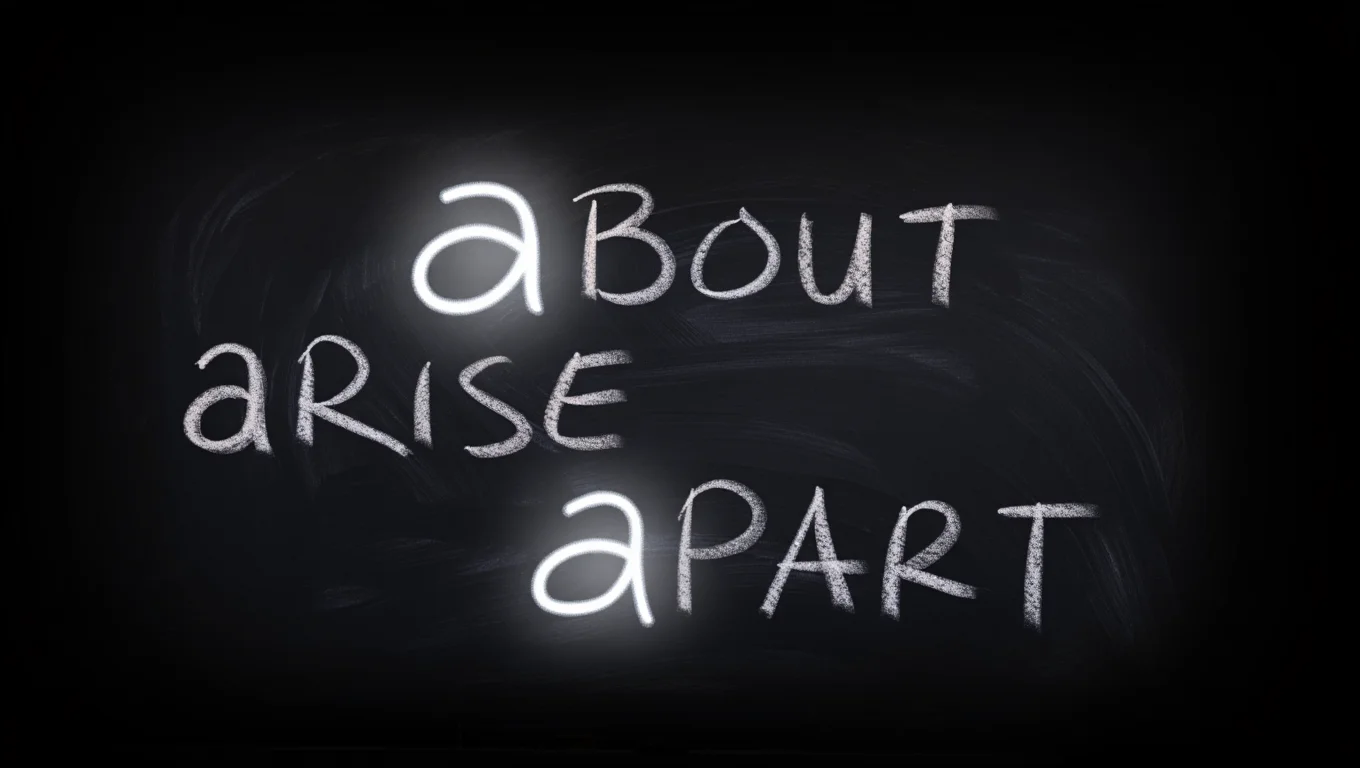
| WORD | IPA | PHONETIC SPELLING |
|---|---|---|
| ago | /əˈɡoʊ/ | uh-GOH |
| about | /əˈbaʊt/ | uh-BOUT |
| alone | /əˈloʊn/ | uh-LOHN |
| ahead | /əˈhɛd/ | uh-HED |
| alive | /əˈlaɪv/ | uh-LIVE |
| amuse | /əˈmjuz/ | uh-MYOOZ |
| arise | /əˈraɪz/ | uh-RIZE |
| aside | /əˈsaɪd/ | uh-SIDE |
| alike | /əˈlaɪk/ | uh-LIKE |
| alert | /əˈlɜrt/ | uh-LURT |
| agree | /əˈɡriː/ | uh-GREE |
| around | /əˈraʊnd/ | uh-ROUND |
| across | /əˈkrɔs/ | uh-KRAWS |
| afford | /əˈfɔrd/ | uh-FORD |
| apart | /əˈpɑrt/ | uh-PART |
| annoy | /əˈnɔɪ/ | uh-NOY |
| abound | /əˈbaʊnd/ | uh-BOUND |
| adore | /əˈdɔr/ | uh-DORE |
| appoint | /əˈpɔɪnt/ | uh-POINT |
| achieve | /əˈtʃiv/ | uh-CHEEV |
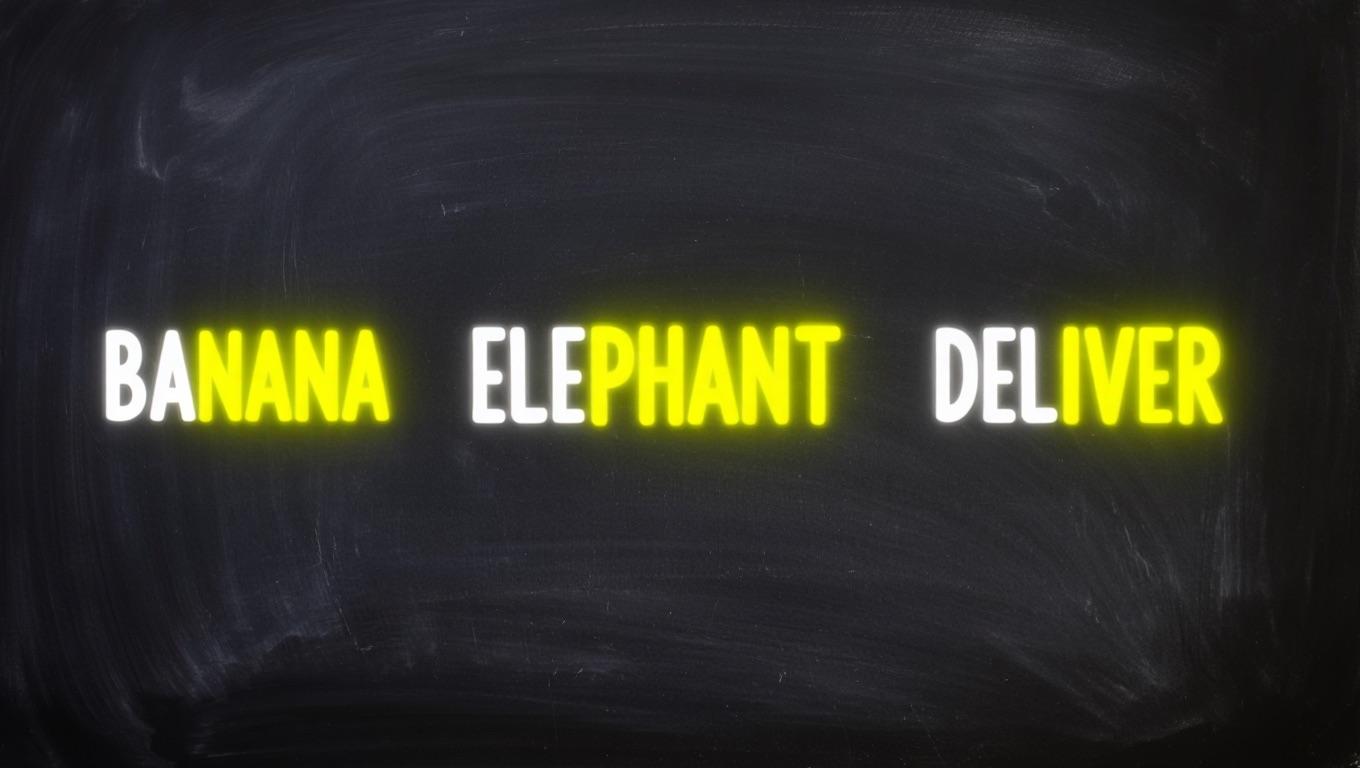
| WORD | IPA | PHONETIC SPELLING |
|---|---|---|
| banana | /bəˈnænə/ | buh-NAN-uh |
| celebrate | /ˈsɛləˌbreɪt/ | SEL-uh-brayt |
| vitamin | /ˈvaɪtəmɪn/ | VY-tuh-min |
| alphabet | /ˈælfəˌbɛt/ | AL-fuh-bet |
| elephant | /ˈɛləfənt/ | EL-uh-fuhnt |
| enemy | /ˈɛnəmi/ | EN-uh-mee |
| astronaut | /ˈæstrənɔt/ | ASS-truh-nawt |
| director | /dəˈrɛktər/ | duh-REK-ter |
| family | /ˈfæməli/ | FAM-uh-lee |
| deliver | /dɪˈlɪvər/ | dih-LIV-er |
| together | /təˈɡɛðər/ | tuh-GETH-er |
| possible | /ˈpɑsəbəl/ | PAH-suh-buhl |
| melody | /ˈmɛlədi/ | MEL-uh-dee |
| syllable | /ˈsɪləbəl/ | SIL-uh-buhl |
| tragedy | /ˈtræʤədi/ | TRAJ-uh-dee |
| holiday | /ˈhɑləˌdeɪ/ | HOL-uh-day |
| criminal | /ˈkrɪmɪnəl/ | KRIM-ih-nuhl |
| liberty | /ˈlɪbərti/ | LIB-er-tee |
| solution | /səˈluʃən/ | suh-LOO-shun |
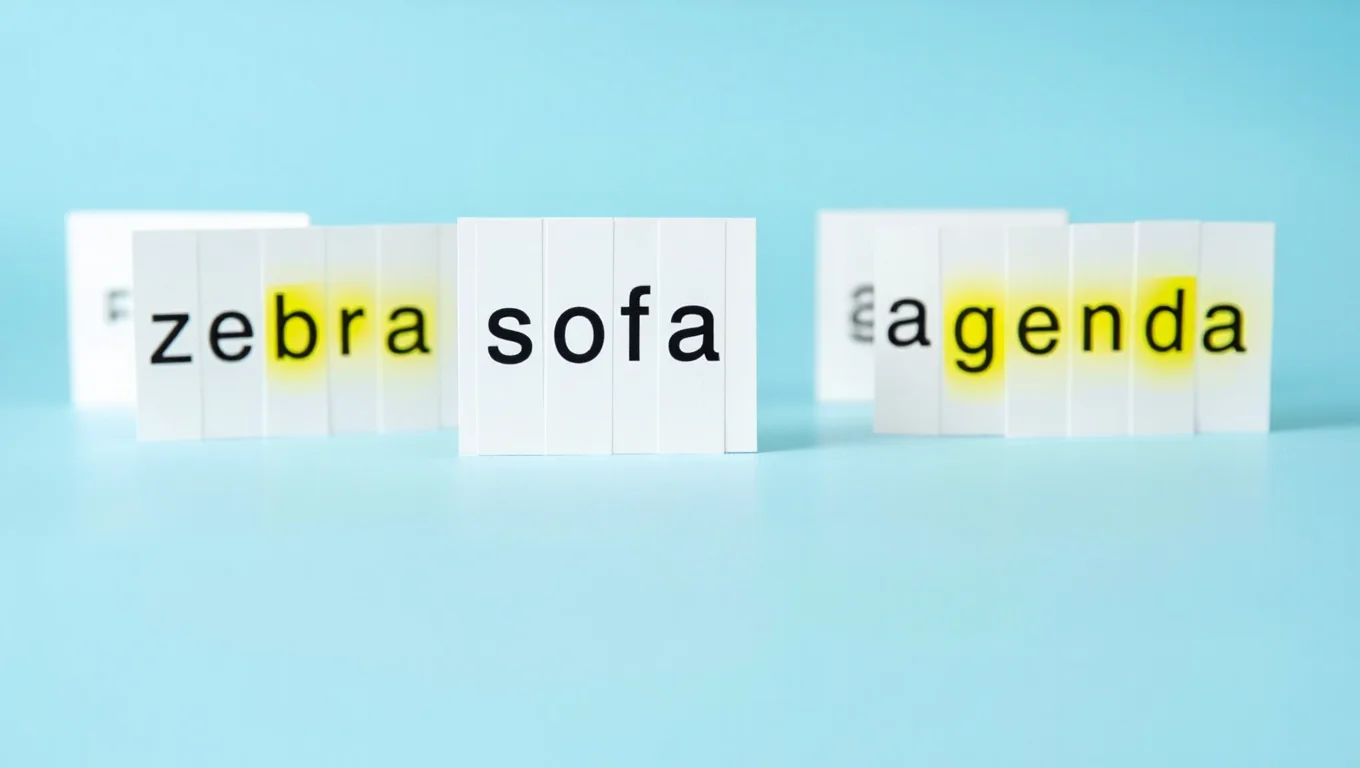
| WORD | IPA | PHONETIC SPELLING |
|---|---|---|
| sofa | /ˈsoʊfə/ | SO-fuh |
| panda | /ˈpændə/ | PAN-duh |
| zebra | /ˈziːbrə/ | ZEE-bruh |
| drama | /ˈdrɑmə/ | DRAH-muh |
| pizza | /ˈpiːtsə/ | PEET-suh |
| extra | /ˈɛkstrə/ | EK-struh |
| umbrella | /ʌmˈbrɛlə/ | um-BREL-luh |
| coma | /ˈkoʊmə/ | KOH-muh |
| lava | /ˈlɑːvə/ | LAH-vuh |
| vanilla | /vəˈnɪlə/ | vuh-NIL-uh |
| agenda | /əˈʤɛndə/ | uh-JEN-duh |
| quota | /ˈkwoʊtə/ | KWOH-tuh |
| camera | /ˈkæmərə/ | KAM-ruh |
| China | /ˈtʃaɪnə/ | CHY-nuh |
| data | /ˈdeɪtə/ | DAY-tuh |
| alpha | /ˈælfə/ | AL-fuh |
| aura | /ˈɔrə/ | OR-uh |
| formula | /ˈfɔrmjələ/ | FOR-myuh-luh |
| diploma | /dɪˈploʊmə/ | dih-PLOH-muh |
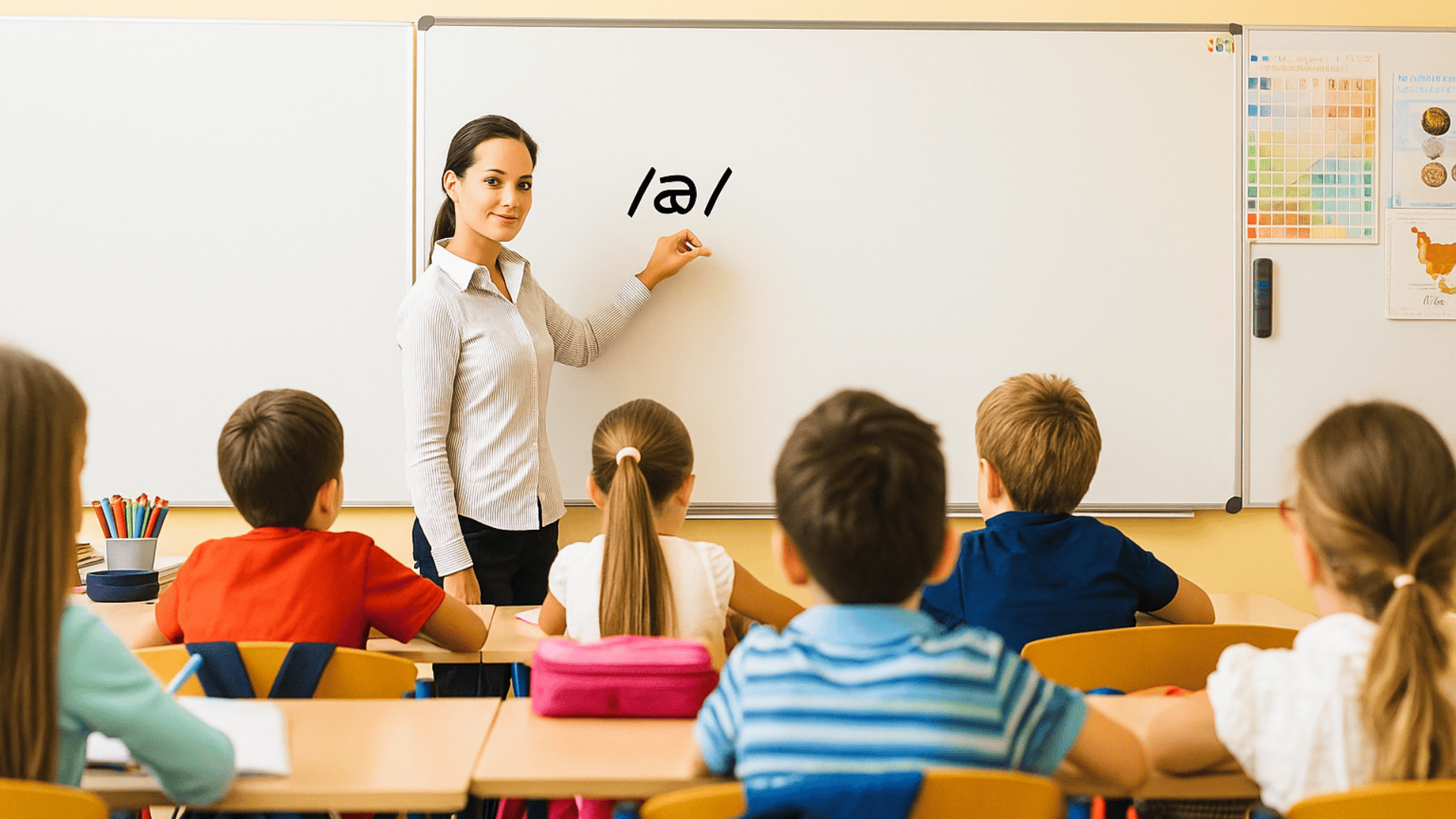
Teaching the schwa sound requires specific techniques that help students recognize and produce this familiar vowel sound effectively.
Worksheets for ESL classrooms should include word sorting activities and stress pattern exercises for regular practice.
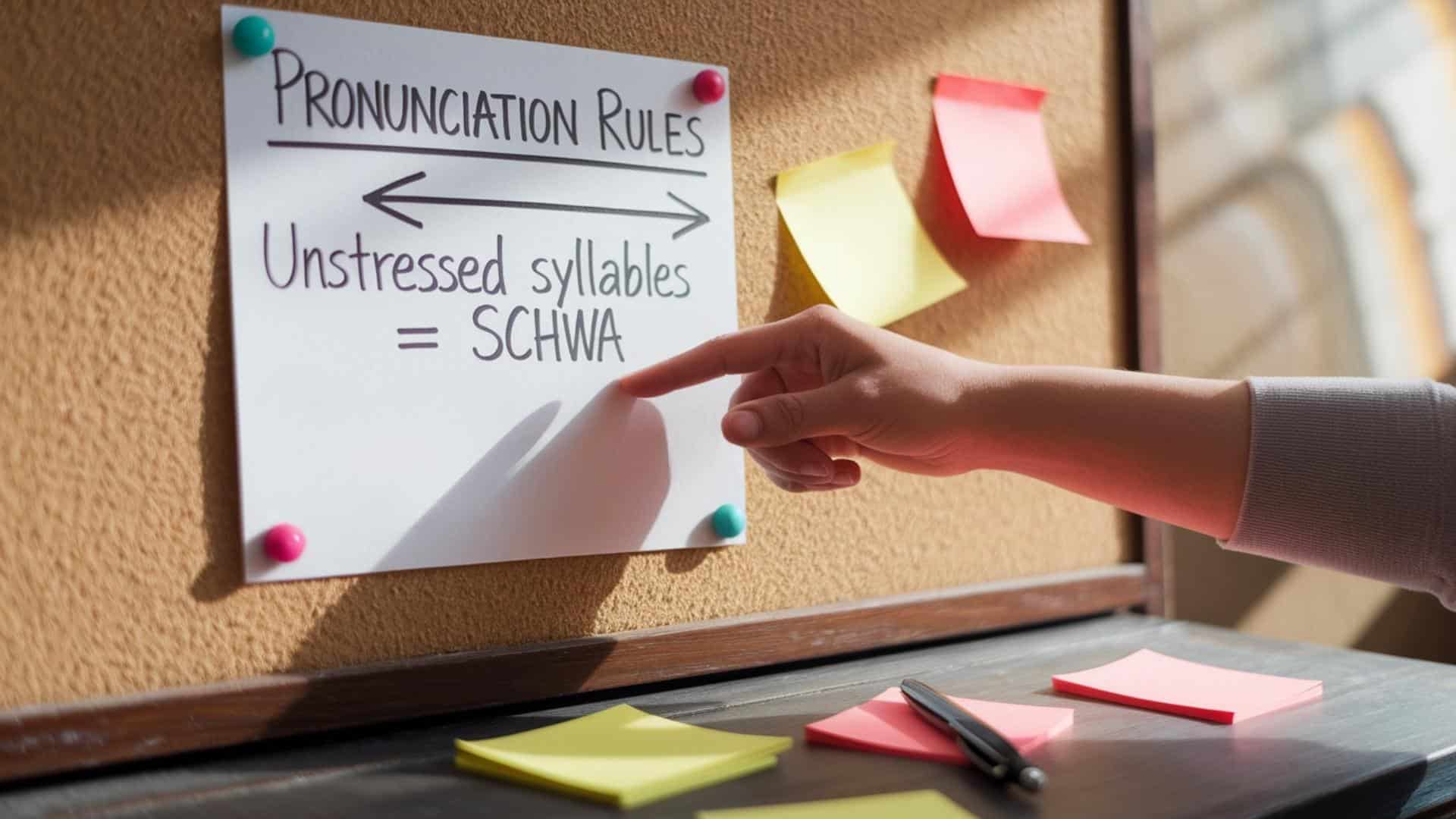
Understanding the basic rules for schwa words helps predict when vowels will reduce to the neutral sound.
These patterns help speakers recognize where schwa naturally occurs in American English pronunciation.
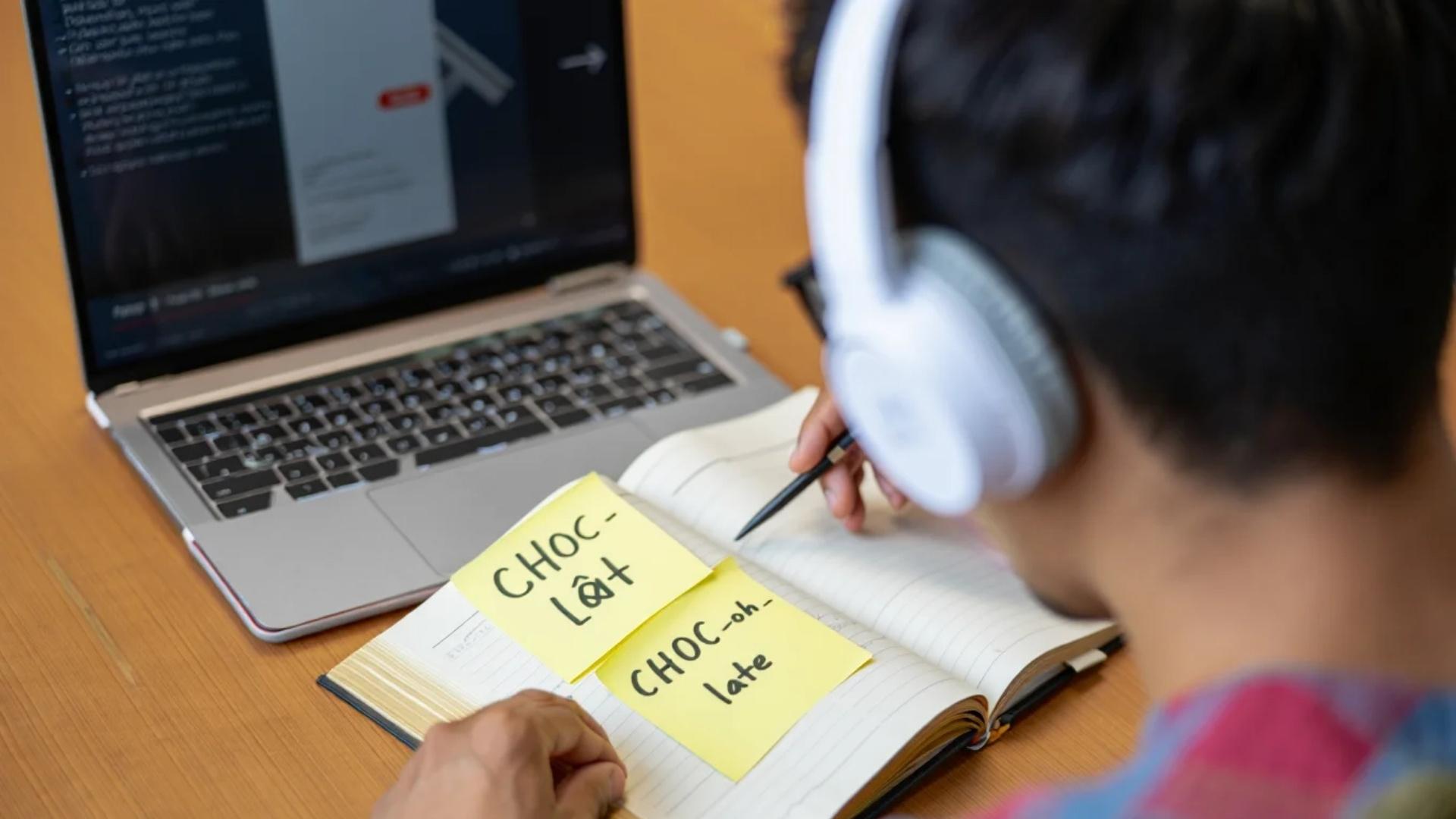
Students often struggle with schwa because it behaves differently from other vowel sounds in American English.
Consider the word “chocolate”.
Many students pronounce it as “CHOC-oh-late” instead of “CHOC-lət.”
The middle ‘o’ should be a schwa sound.
Another example is the word “family,” where students often say “FAM-ih-lee” instead of the correct pronunciation “FAM-ə-lee.”
The ‘i’ becomes schwa in natural speech.
These mistakes make speech sound robotic rather than natural.
Understanding these common errors helps students develop more authentic American pronunciation patterns.
Schwa mastery is about accepting English’s natural laziness, and that’s a good thing!
Don’t fight the blur; lean into it.
When syllables aren’t stressed, let those vowels relax into that comfortable /ə/ sound.
It’s like finding out English has been giving you permission to be less precise all along.
Focus on where the stress falls, then let everything else soften.
Native speakers aren’t being sloppy; they’re being efficient.
Practice makes it automatic.
Soon you’ll schwa without thinking, and your English will sound effortlessly natural rather than overly articulated.
Bookmark this for daily practice & check out more vocabulary lists blogs.










